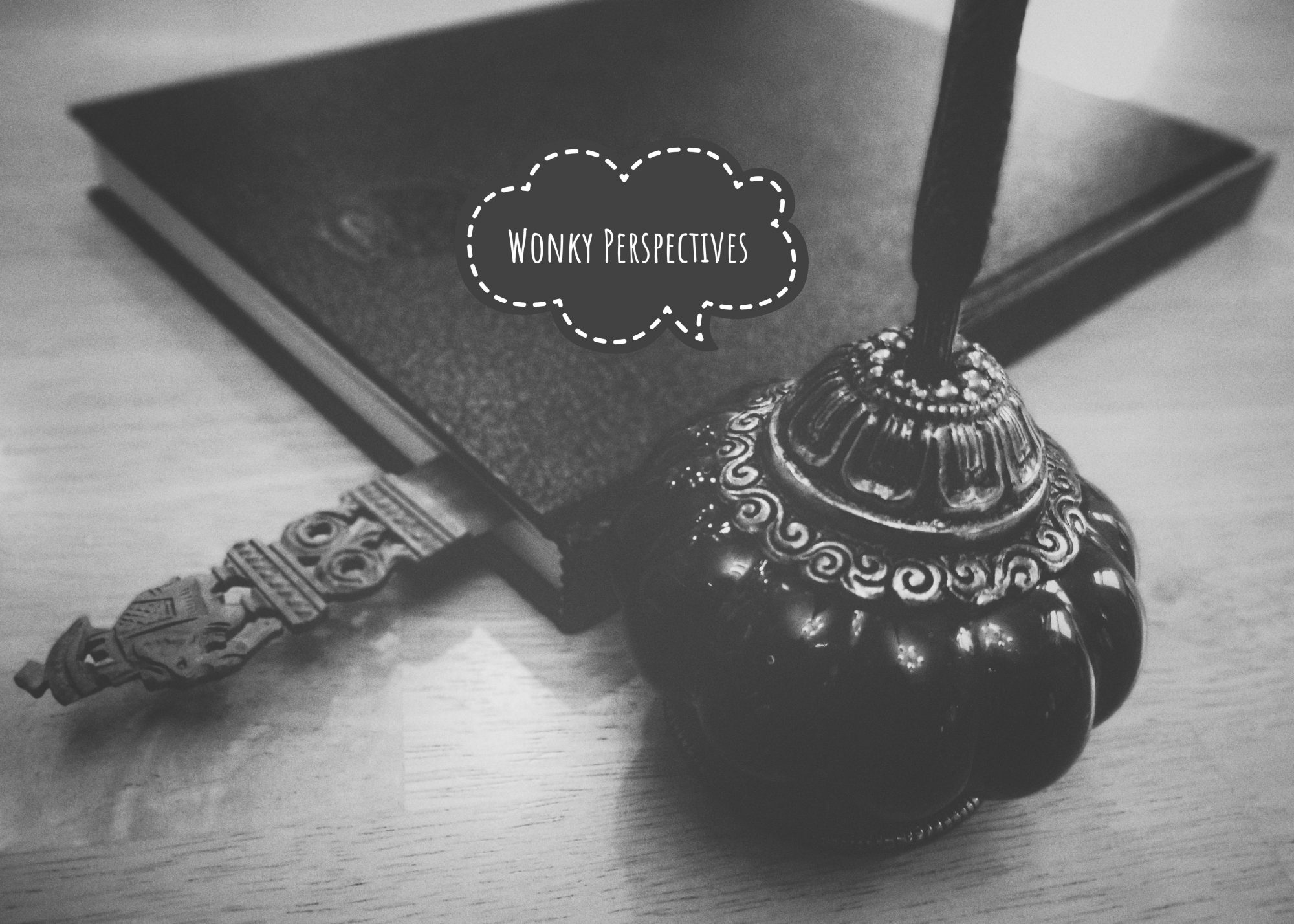The current Trump administration’s ineptitude in dealing with the coronavirus outbreak is more alarming than the virus itself. While the CDC has traditionally acted with reasonable efficiency and actions against the H1N1 and Zika and this time around, it has failed miserably.
If the government and the CDC are unable to instill trust and assurance resulting in the public nervousness, then what does one do?
The net is filled with people stating ridiculous cures and profiting from people’s need to feel in control. Please click here for articles relating to myths and rumors. The latest news really upset me published by NPR /OPB Oregon about a hospital leader in Burns, OR. A hospital leader has touted her own test kit costing $200 to $500 (not validated by anyone) as a possible solution to the virus. She proceeds to suggest herbal supplements sold by her, as a solution. Alarmingly, she’s claimed that the flu vaccine will make you more susceptible to the coronavirus. She thinks all vaccines for measles etc. might hurt the population. This is outright conning the public and taking advantage of their fear.
Some people tout ‘mind over matter’, and there’s nothing to be afraid of, or ‘fear is the virus itself’. This is particularly dismissive if it comes from people are not in the risk category.
Sure, if you are not afraid, don’t be. No one is asking you to engage or read more information. But read the research and understand the reality of the situation. If you want to know who is at risk, click here
Others argue that most of the people getting the virus have the mild version. Whether one gets a mild case or severe case, the risk and probability of communal spreading is the same. That person unless quarantined will transfer and pass the virus onto other individuals who might be more susceptible.
For some people, being calm means ignoring and avoiding all information. For others, part of being calm to have access to the right information to deal with emergencies, being rational, understanding reality and probability. I will assume that you are in the latter group, or you wouldn’t be browsing the net looking for information. Below are *some* suggestions.
Things to do
- Have good hygiene practices
- Practice social distancing. Do not shake hands, Namaste, Spock’s Star Trek salute, a casual Hi (waving hand). Fist bumping and elbow shakes still involve touching. When you can completely avoid touching another person, do so.
- Respiratory etiquette. Know how to cough and sneeze (use the inside of your arm, not your palms). Do not openly cough into the air.
- Read this for understanding the realities of people at risk.
- Do take some time to relax and appreciate your life and family.
- Do talk about death without panicking or having a fatalistic attitude: This is the only part of life that is inevitable and has a probability of 100 %. But do remember, if the disease doesn’t affect you, something else will, if not, old age will. If you have loved ones who are in the risk category, do talk about preparedness and the reality of death as well as their wishes. Communication and keeping a realistic, reasonable response to the crisis is part of keeping yourself well. Stress is not good for the immune system.
If you want to take action beyond the immediate techniques to protect yourself and your family, consider donating to charities that have the infrastructure to help neglected populations at risk. Do not be a vigilante and contact others directly, you might be spreading the virus unknowingly.
Charities to support others impacted because of the outbreak.
There are multiple organizations that work with the elderly and people who need external support systems to survive life. Some of the help they provide include delivering groceries, medications, ready-to-eat food, and other essentials.
Below are some links to the local Portland, Oregon charities and organizations that are already in place and have the required infrastructure and set up to work with the government and health officials to read the neglected populations.
- Meals on Wheels:
- Store to Door
- Homeless populations
- Home care for people with Alzheimer’s etc.
If you are aware of more such organizations, please add them in the comment section (Note, all comments are moderated, spam/nonsense links will be deleted).

